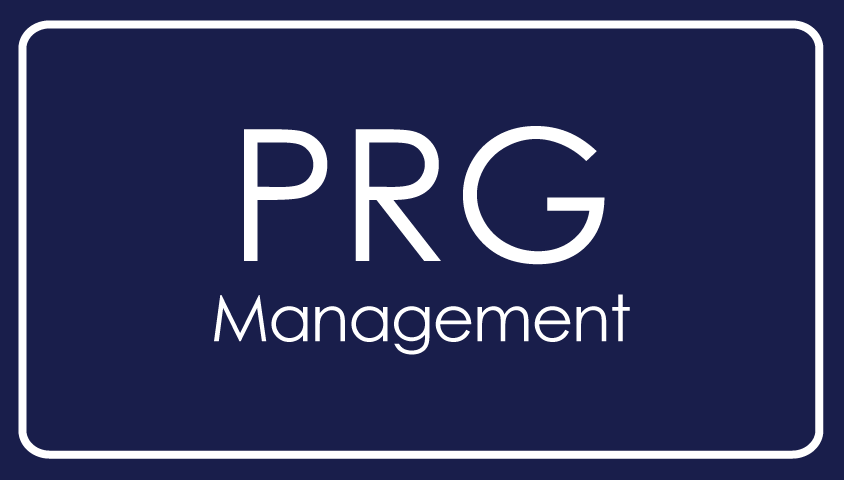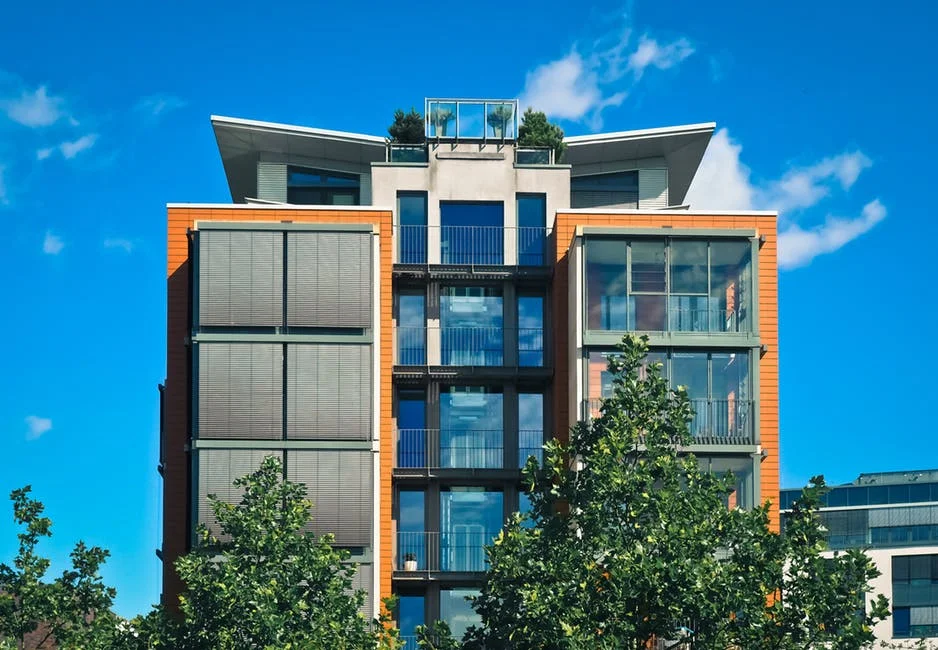The Ultimate Guide to a Smooth Move-Out Procedure for Tenants in Chicago
Moving out can be a stressful and overwhelming experience for tenants in Chicago. From packing up all your belongings to dealing with the logistics of the move, there are many tasks to manage. However, with the right knowledge and preparation, you can make the move-out procedure as smooth as possible.
In this guide, we will walk you through a step-by-step process to ensure a stress-free and organized move-out. From giving notice to your landlord to cleaning and repairs, we will cover everything you need to know to leave your rental property in good condition and receive your security deposit back.
Don't let the hassle of moving out weigh you down. Follow our ultimate guide to make your move-out experience in Chicago a breeze.
Understanding Your Lease Agreement and Move-Out Requirements
Before the move-out procedure for tenants starts, it’s important to review your lease agreement and understand the move-out requirements set by your landlord or property manager. The lease agreement will outline the notice period you need to give before moving out, any specific cleaning or repair obligations, and other important details.
It is crucial to abide by the terms of your lease agreement to avoid any financial disputes or penalties. Take the time to read through the documentation carefully and make note of any specific move-out procedures mentioned. For example, some buildings have specific timeframes and days of the week that allow moving in or out.
If you have any questions or concerns about the lease agreement or move-out requirements, don't hesitate to reach out to your landlord or property management company. Clear communication is key to ensuring a smooth move-out process.
Preparing for the Move-Out Process
Once you have a clear understanding of the lease agreement and move-out requirements, it's time to start preparing for the move itself. Some planning and organization will go a long way in making the entire move-out procedure less stressful.
Create a timeline and checklist to keep track of all the tasks you need to complete before the move-out date. This will help you stay organized and ensure you don't forget any smaller tasks that could fall by the wayside.
Start by decluttering and packing up your belongings. Sort through your items and decide what you want to keep, donate, or throw away. Group like belongings together by room, use, or how fragile they are to make the unpacking process easier as well.
Consider hiring professional movers if you have a lot of furniture or heavy items to transport. Shop for quotes and book the services well in advance to secure your preferred date and time, especially if you’re moving during a busy time of year.
Cleaning and Repairing the Rental Unit
Once everything is packed away and moved, if your lease agreement has cleaning requirements, now is the time to knock this task out. Your goal should be to leave the property in the same condition as when you moved in.
Start by thoroughly cleaning every room, including floors, walls, windows, and appliances. Check for any damages or repairs that need to be addressed. This includes fixing holes in the walls, repairing broken fixtures, and replacing any damaged items. If you are unsure about how to handle certain repairs, consult your landlord or property management company for guidance.
Keep in mind that failing to clean or repair the rental unit properly can result in deductions from your security deposit. Take the time to do a final walkthrough and address any issues before handing over the keys.
Addressing Security Deposit Issues
In Chicago, landlords are required to return the security deposit within 45 days of a tenant moving out. If there are any deductions from the deposit (like repairs), the landlord must provide a written itemized statement explaining the deductions.
Many landlords will forfeit this requirement and ask for an additional month of rent when moving in. In contrast to a security deposit, there is no expectation of receiving these funds back from your landlord or property manager.
However, if you did make a security deposit and you believe that the deductions are unfair or unjustified, you have the right to dispute them. Contact your landlord or property management company to discuss the deductions and provide any evidence or documentation to support your case.
Familiarize yourself with the local laws and regulations regarding security deposits to ensure you understand your rights as a tenant.
Forwarding Mail and Updating Address
An often neglected part of the move-out process, it is crucial to forward your mail and update your address. This will ensure that you continue to receive important mail and avoid any potential issues with your bills or subscriptions.
Contact your local post office or visit their website to set up a mail forwarding service. This will redirect your mail to your new address for a specified period. Update your address with any banks, credit card companies, utility providers, and other essential services to ensure a smooth transition. Be sure to check the little things like your monthly entertainment subscriptions to services (Spotify, Netflix, etc.) as well.
Canceling Utilities and Services
In addition to forwarding mail and updating your address, don't forget to cancel any utilities and services associated with your rental property. This includes electricity, gas, water, internet, and cable services.
Contact each utility provider to schedule the cancellation or change of service address. Settle any outstanding bills and inquire about any refunds or adjustments that may be due.
By canceling utilities and services promptly, you can avoid unnecessary charges and ensure a seamless transition to your new location.
Checklist For a Stress-Free Chicago Move-Out Experience
Moving out can be a stressful experience, but with the right approach, you can make it as smooth and hassle-free as possible. Here is a checklist to help you have a stress-free move-out experience in Chicago:
Start planning and preparing well in advance to avoid last-minute stress.
Keep a checklist and timeline to stay organized and ensure you don't miss any important tasks.
Declutter and pack up your belongings early to create a cleaner and more organized living space.
Hire professional movers or rent a moving truck if needed.
Clean and repair the rental unit thoroughly to avoid deductions from your security deposit.
Schedule the final walkthrough with your landlord and document the property's condition.
Address any security deposit issues promptly and dispute any unfair deductions.
Forward your mail and update your address with all relevant parties.
Cancel utilities and services associated with your rental property to avoid unnecessary charges.
Stay positive and remember that moving out is a fresh start and an opportunity for new beginnings.
The Ultimate Guide to a Smooth Move-Out Procedure for Tenants in Chicago
Following a proper move-out procedure is essential for all tenants in Chicago. By understanding your lease agreement, preparing for the move-out process, addressing security deposit issues, and taking care of other important tasks, you can ensure a smooth and stress-free move-out experience.
Remember to clearly communicate with your landlord or property management company, stay organized, and seek professional advice if necessary. If you follow our guide, you will be well-equipped to navigate the move-out process in Chicago and leave your rental property in good condition.
At PRG Management, we understand the unique potential challenges in dealing with tenant and unit turnover. If you find managing these aspects of your building overwhelming, PRG Management is here for you. Our dedicated Chicago property managers are experienced in dealing with all types of tenants and properties.
If you are a landlord or property owner who wants to reduce your daily stress while increasing your ROI you need to request a free proposal of management services today!










